How Science Festivals Engage Students in Hands-On STEAM Learning
- Brooke Landis

- May 7, 2024
- 3 min read
"Can we shape air?” SWEP instructor Jenna asks a group of 60 first graders. They make a claim of yes or no and share any ideas about how they might do so with their small groups. Jenna pulls out a small air cannon, fills it with fog, taps the bottom and we hear the oohs and aahs as the students see the donut shaped rings that fly from it. “We investigated our question and saw evidence that yes, we can shape air. Scientists find that answering one question often leads to even more questions. We asked ourselves, could we make an even bigger ring?” “Yes!” shout the students with anticipation. As we pull out the huge air cannon made with a large trash can the room erupts with cheers and kids can hardly stay seated. We fill the can with fog and all watch as large vortex rings shoot through the air heading all the way to the end of the gym.
SWEP's opening scince experiment captures the attentiond of dozens of excited students, ready to delve into hands-on experiments themselves.
At SWEP science festivals kids actively use science and engineering practices like asking questions, investigating, supporting claims with evidence, analyzing data, using math, making scientific models and communicating.
California adopted the next generation science standards in 2013. These standards maintain that science education is not only learning content knowledge but should equally emphasize students DOING science by using the Science and Engineering Practices.
Science—and therefore science education—is central to the lives of all Americans. A high-quality science education means that students will develop an in-depth understanding of content and develop key skills—communication, collaboration, inquiry, problem solving, and flexibility—that will serve them throughout their educational and professional lives. - Nextgenscience.org
Our wowie zowie intro has engaged those student science brains and they are ready to investigate more! They head out in small groups to one of 10 hands-on science stations that they will explore with a volunteer facilitator for the next 10 minutes. They will rotate through a variety of different science ideas for the next hour.
This year’s stations cover some general science concepts such as density, bubble shapes, rocket balloons, chemical reactions and separating mixtures using magnets and static electricity. Many stations also cover environmental topics ensuring that students leave with the knowledge and inspiration to take action to protect the planet. This year students learned more about recycling, pollution in our watershed, erosion, insect adaptations and energy efficiency of homes. These support our mission to promote environmental stewardship by connecting students to their local community and environment.
While SWEP organizes the whole shebang, it could not run without community support and the many volunteers who help during the two full days of the science festival and during family science night. Hundreds of people in our community have been helping get kids excited about science at our elementary schools in Incline, Tahoe Lake, Kings Beach, Glenshire, Truckee, and Donner Trail.
The two day festival ends with a Family Science Night, a time where students can share these investigations and more with their families. There is time to revisit those experiments further and explore additional stations that spark the science bug. Students also love a chance to try out our bike powered speaker. Students pedal two bikes which produce the electricity needed to power our speaker. This is another way to help students understand that energy is something that needs to be generated and that there are different ways of doing so.
Community partners join us as well during Family Science Night with hands-on activities. These partners included: Clean Up The Lake, Tahoe Institute of Natural Sciences, UC Davis Tahoe Environmental Resource Center, CA State Parks Bear Expert, Artist Nicole Sterling, Keep Truckee Green/Town of Truckee, Balance Hydro, Carollo Engineers and KidZone Museum.
In the end our hope is that kids become excited about science and leave with even more questions they want to explore in the future.
We thank the Tahoe Truckee Unified School District, Town of Truckee, Truckee Tahoe Airport Community Partner, Truckee Donner PUD, North Tahoe PUD, and The Patchwork Collective for supporting SWEP programming.


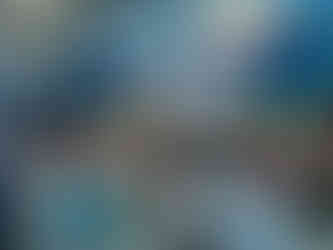







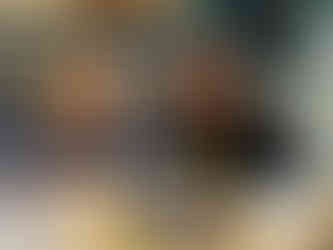







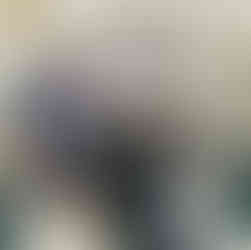

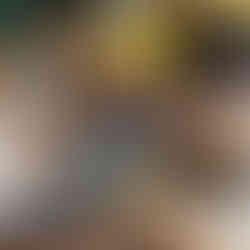







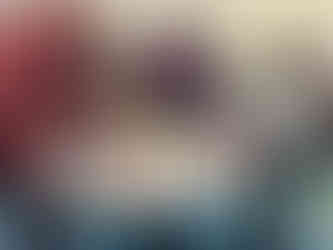









Comments